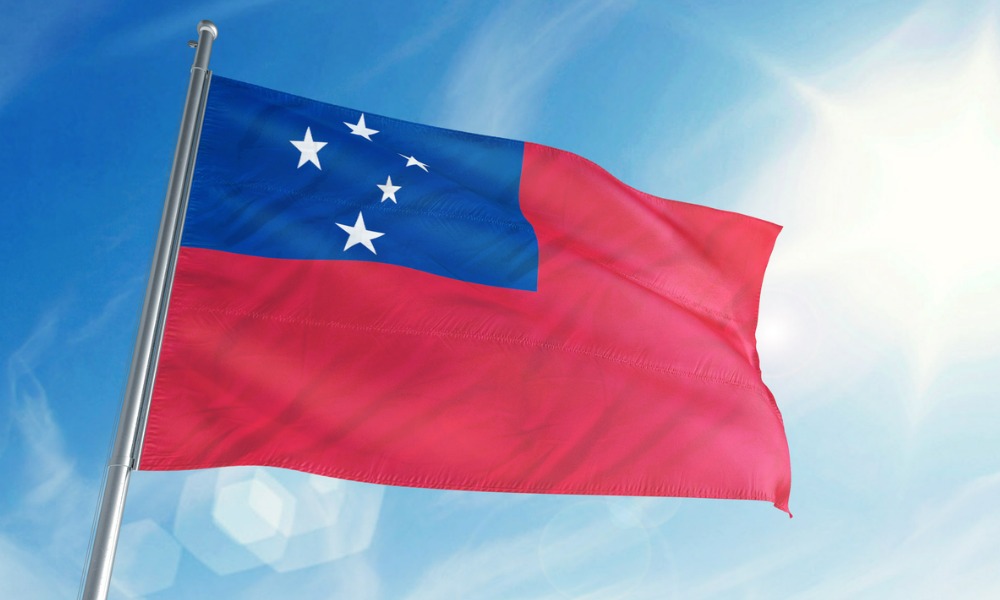
The organisation has expressed its concerns to NZ’s foreign affairs and trade ministry

The New Zealand Law Society | Te Kāhui Ture o Aotearoa has expressed its support for judicial independence in Samoa in light of ongoing political tensions in the country.
“In Samoa, it is the court’s role to independently interpret and apply the constitution,” Law Society President Tiana Epati said. “The judiciary must be protected from interference and personal attacks as it works to resolve these issues.”
The organisation expressed its concern regarding the rising incidents of attacks on lawyers and members of the Samoan judiciary, which included “unfounded and personal complaints about the judges and lawyers involved.”
“Samoa’s lawyers have sworn to provide independent legal advice to those who require it and must be free to do so without fear for their livelihoods and professional reputations,” Epati said.
The Law Society has called for all parties in Samoa to help promote the rule of law following its recently concluded election by facilitating a peaceful power transition, abiding by court rulings and respecting judicial independence.
“The Law Society believes that the proper place to resolve legal and constitutional issues is through the normal judicial process, including appeal. Those processes are now underway, and the outcomes must be respected,” Epati said in a June statement.
While the Law Society acknowledged Samoa’s status as its own country, the organisation respected the “long and close legal association” between New Zealand and Samoa, given the similarities in legal heritage and the fact that many Samoan lawyers received their education in New Zealand.
“Judicial independence is a core value of the international community, and Samoa has committed to this as a party to the International Covenant on Civil and Political Rights,” Epati said. “Trust in the independence of the courts and respect for the rule of law are critical to democratic government. This means that all parties are accountable to the law and subject to the decisions of the courts. When this is undermined, lawyers have a duty to speak out.”
The Ministry of Foreign Affairs and Trade in New Zealand has been made aware of the Law Society’s concerns, as has the Minister of Foreign Affairs and Trade.